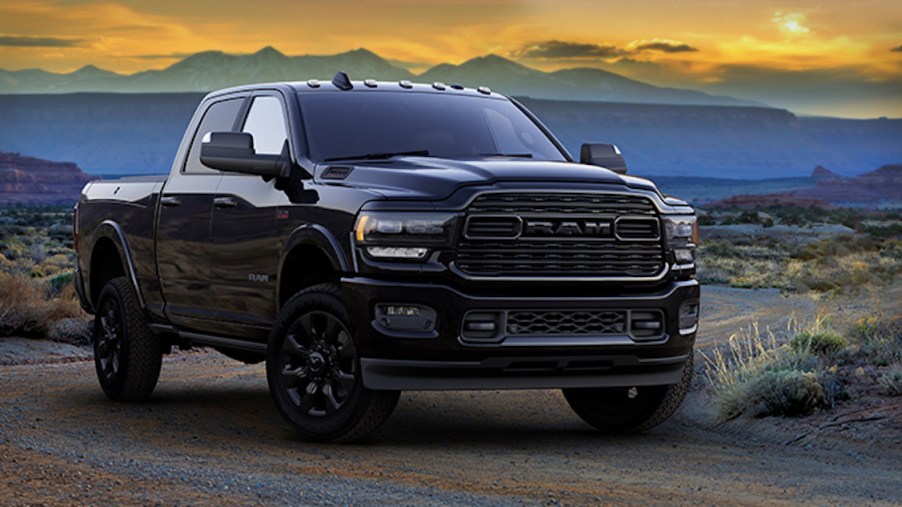
Is Diesel Practical for an Everyday Vehicle?
Powerful diesel engines have powered our most potent vehicles like trucks and SUVs for more than a century. Like the gasoline engine’s bigger and more-muscular brother, the diesel engine has long-been associated with capability, not practicality. But while the diesel and gas engine differ in various ways, can the diesel engine share its gas sibling’s ability for practical, daily use?
Diesel vs. gas: how they perform
Diesel and gasoline engines both use an internal combustion system to power a vehicle. They both work as internal combustion engines by compressing a mixture of fuel and air inside its cylinders. When this mixture compresses, the fuel is ignited and creates movement, or power, with the cylinders. But while both types of engines use internal combustion for power, how the fuel is ignited in the engine is where diesel and gasoline vehicles differ.
According to Digital Trends, the way diesel and gas engines create and move power is the most significant difference between the two, but it has many other varying factors. Gas engines use spark plugs to ignite the fuel at a precise point. Diesel engines, on the other hand, aren’t equipped with spark plugs. Instead, diesel engines create higher-pressure combustion, and when combined with diesel fuel, “the extreme compression generated enough heat that the mixture spontaneously combusts.”
Choosing an engine type: are diesels good for daily driving?
Gasoline engines tend to have more horsepower and less torque, which means they have more immediate power and quicker acceleration off the line. Diesel engines tend to be the opposite, creating more torque, or force, than horsepower. While diesel engines may be slower to get going, its higher torque means more force behind the power. This is why diesel trucks and cars tend to have greater capabilities than gas-powered cars.
But diesel engines are suitable for more than just carrying heavy loads. Because a diesel engine takes advantage of its compression ignition, diesel engines carry higher compression ratios than gas engines and, therefore, transfer more energy through the fuel. According to Universal Technical Institute, diesel engines are up to 20% more fuel-efficient than gasoline engines. Diesel engines tend to “see their greatest benefits on the highway,” according to Car and Driver, where power output can maximize.
But the diesel’s spontaneous combustion also means that the engine requires less mechanical input. With less to go wrong, diesel engines are often more reliable than gasoline engines, coming with a longer life expectancy and requiring less maintenance cost. Although this typically results in a higher price at purchase over a gas-powered vehicle, diesel engines tend to cost less in the long run.
Diesel engines provide owners with power, fuel-efficiency, and longevity. While these engines carry a stereotype of “heavy-duty,” diesel-powered vehicles are also suitable for commuters and everyday drivers.
Today’s best diesel performers
Modern diesel vehicles are even more efficient than ever before. Large pickups like the Ford F-150 (with the optional turbodiesel engine) can provide plenty of power and towing capacity while remaining the most fuel-efficient of any pickup truck. Of course, all other major truck brands make diesel-powered pickups. This includes Chevrolet, GMC, and Ram. But diesel engines don’t just belong in large, heavy-duty trucks either. The compact Mazda CX-5, for example, isn’t just one of the highest-ranking SUVs in its segment. Its optional diesel engine also provides one of the segment’s best towing capacities. Many brands offer diesel-powered SUVs and cars, which adds smoother power and fuel efficiency options for car and SUV shoppers.


